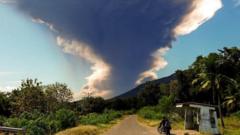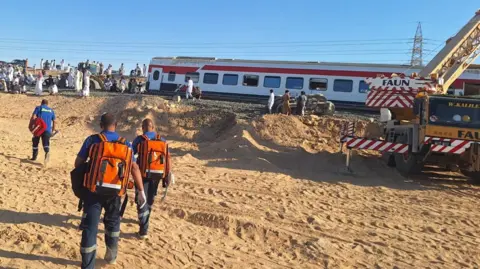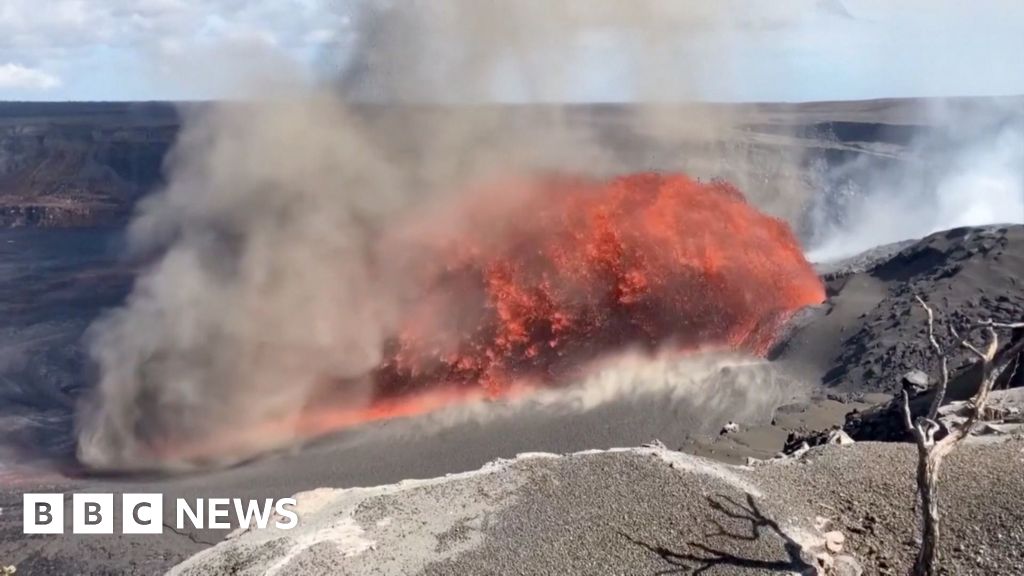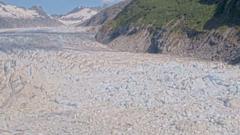Indonesia's Mount Lewotobi Laki-laki has reignited fears among local communities by erupting again, propelling an ash cloud as high as 18 kilometers (11 miles) into the sky. The eruption, which began early on Monday, has prompted mass evacuations of residents from the nearby areas. Fortunately, there have been no reported casualties since the onset of this volcanic activity. This latest eruption comes just three weeks after a series of similar incidents and has led officials to raise the volcano's alert status to its highest level.
On Monday, at 11:05 AM local time, the volcano released its most significant plume of smoke since November, according to the head of Indonesia's geological agency, Muhammad Wafid. The eruption created not only a visual spectacle but also heightened safety risks, particularly concerning aviation due to the extensive ash cloud. As a precaution, at least 24 flights to and from the popular tourist destination of Bali were canceled on Monday, with few resuming operations thereafter.
As the day progressed, the volcano erupted again at 7:30 PM, sending additional ash and lava up to 13 kilometers into the atmosphere, and another eruption occurred at 5:53 AM on Tuesday with reduced intensity. These events served as a powerful reminder of nature's unpredictability, with videos shared by locals showing bright, molten lava cascading down the slopes of the volcano. Over 4,000 residents have been evacuated from surrounding areas, according to local disaster management officials.
For those who have chosen to remain in their homes, shortages of essential supplies like clean water, food, and protective masks have become pressing concerns. Local leader, Paulus Sony Sang Tukan, highlighted these issues, stressing the urgent need for focused emergency response efforts for those still living in ash-laden areas. Despite the ongoing volcanic activity, officials reported no fatal incidents; however, they remain wary of possible lahars—volcanic mudflows—should rain accompany the ongoing eruptions.
Indonesia's Volcano Lewotobi Laki-laki has seen multiple eruptions throughout the year, with the nation itself being situated along the Pacific "Ring of Fire," a hotspot for tectonic movement leading to volcanic eruptions and earthquakes. Despite this ongoing turbulence, there have been no fatalities in the recent eruptions, contrasting with last November's incident, which tragically claimed ten lives and displaced thousands of people. The volcano's name, Laki-Laki—meaning "man" in Indonesian—is emblematic of its dual peaks, with the taller one named Perempuan, or "woman."




















